Category: Blog
-
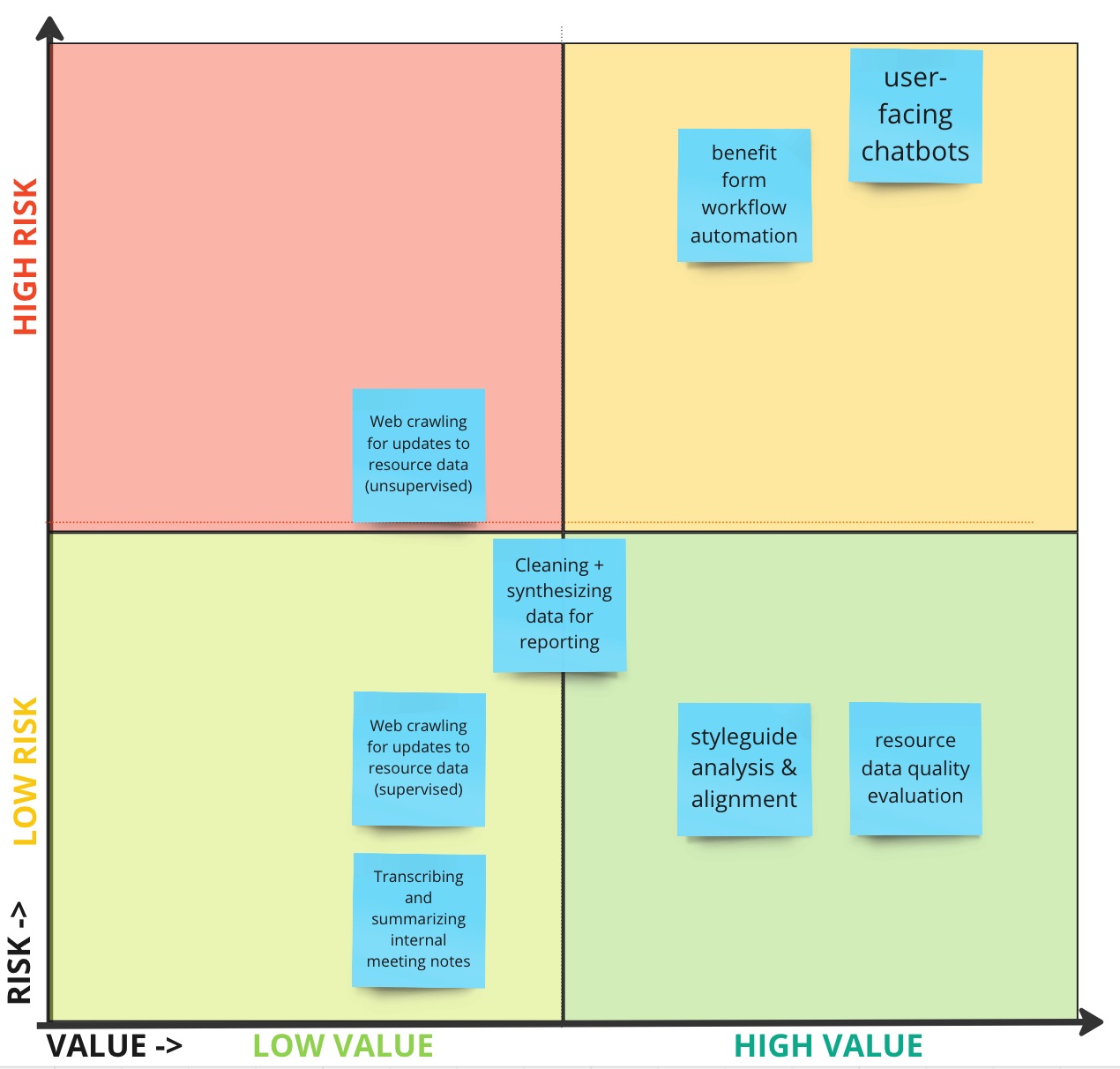
The Risks of AI in I&R Part 2
This is the second post in a series about the Risks and Opportunities of AI in I&R. My first post considered the long, disappointing history of “algorithmic technologies” in human service sectors. In this post, we’ll examine the specific kind of … Continue reading →
-
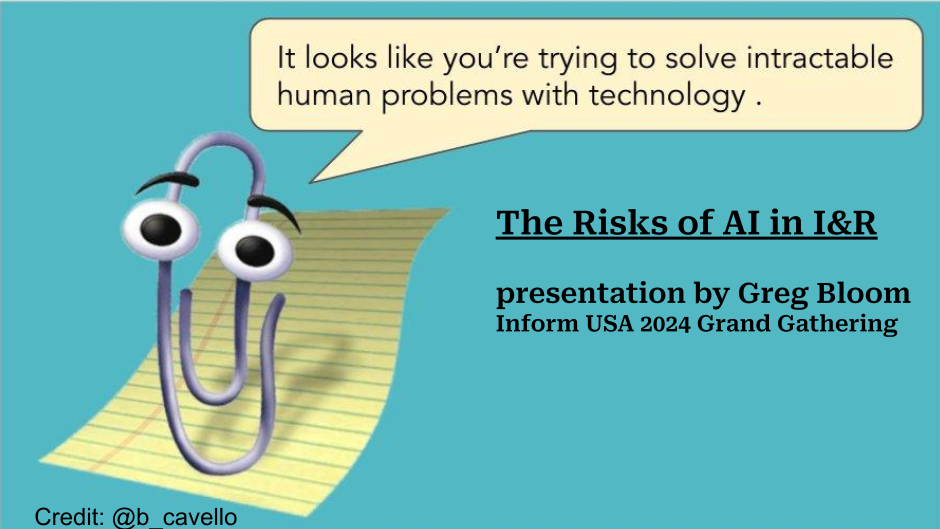
The Risks of AI in I&R – Part 1
Last month I presented at the 2024 Inform USA Grand Gathering in Grand Rapids Michigan, and my session – the Risks of AI in I&R – was probably the most popular I’ve delivered in 10 years of these conferences. So I’ll relay a summary here, in a series of posts. Continue reading →
-
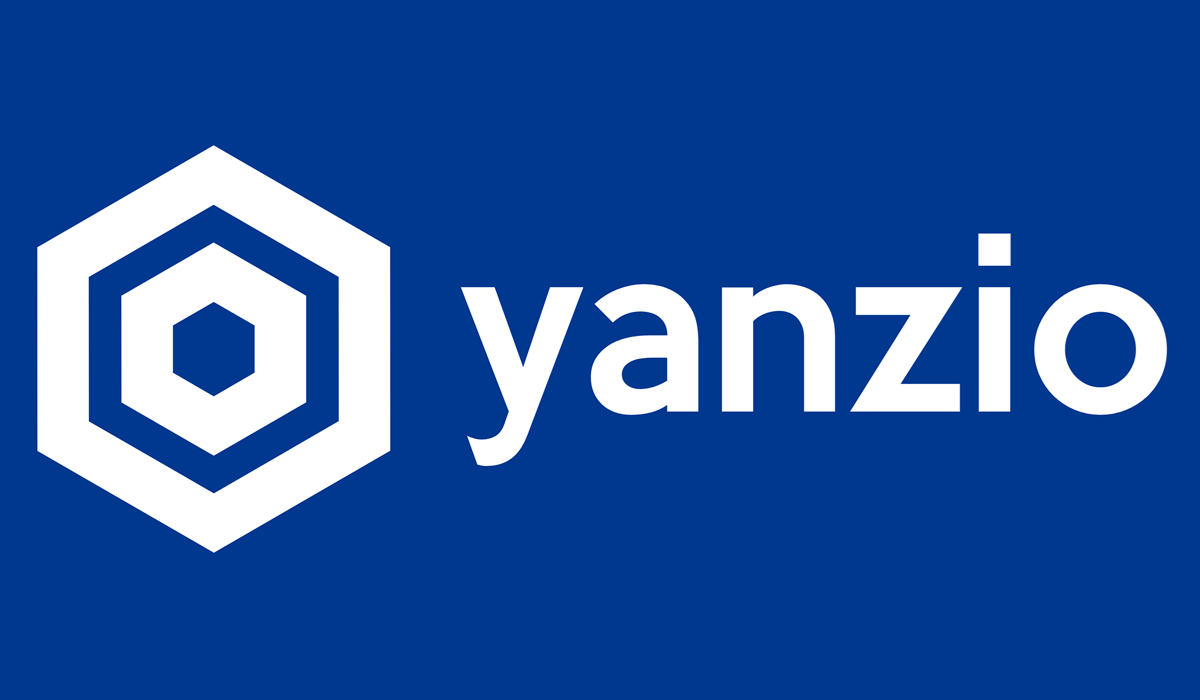
I&R’s big opportunity with AI
Since the release of ChatGPT in November 2022, our world has been ignited with the possibilities and dangers of this new breed of AI, called Generative Artificial Intelligence (Gen AI). While there are a number of ways to use Gen AI for text, audio, images and video, today I’ll focus on the Large Language Models…
-
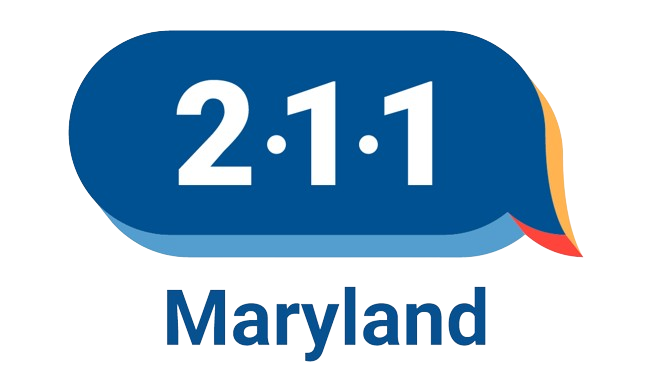
Resource data as a service: 2-1-1 Maryland’s new integration with their state’s healthcare IT infrastructure
We’ve partnered with 2-1-1 Maryland over many years, so we’re especially proud of their recent partnership with CRISP – Maryland’s Health Information Exchange – and Maryland’s Department of Health. This year, we helped 211MD and CRISP develop a groundbreaking partnership with MDH’s Primary Care Program. The results of this partnership point to exciting new horizons…
-
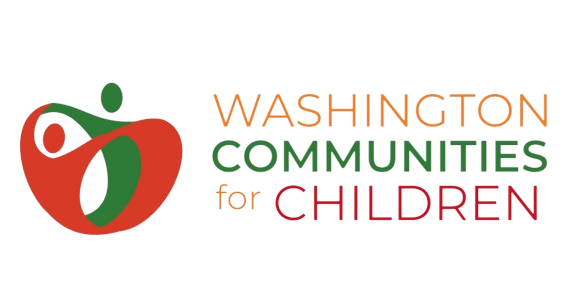
Washington Communities for Children: developing the resource directory information supply chain
Washington Communities for Children (WCFC) is a network of early childhood coalitions – groups of local parents, child care providers, non-profits, public agencies, school districts, etc. – dedicated to improving the wellbeing of children, families, and communities acrossWashington state. In 2022, the Washington State Department of Health enlisted WCFC in its Early Childhood Comprehensive Systems…
-

Our 2023 Year in Review
Open Referral is turning 10 years old! Along the way, we’ve already achieved the first part of our mission: establishing industry standards for resource directory data exchange, to ensure that it’s possible to share, find, and use information about the health, human, and social services available to people in need – regardless of what technology…
-
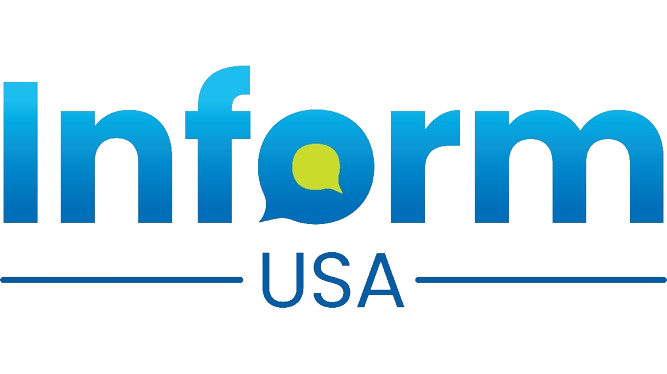
Teaming up with Inform USA: an announcement from Open Referral leadership
I’m excited to share the news that, as of January 1st, I’ve stepped into the role of Senior Director of Strategy and Partnerships for Inform USA. Inform USA is the industry association representing information-and-referral providers across government and nonprofit human service sectors. Formerly known as AIRS (the Alliance of Information and Referral Systems), Inform USA…
-
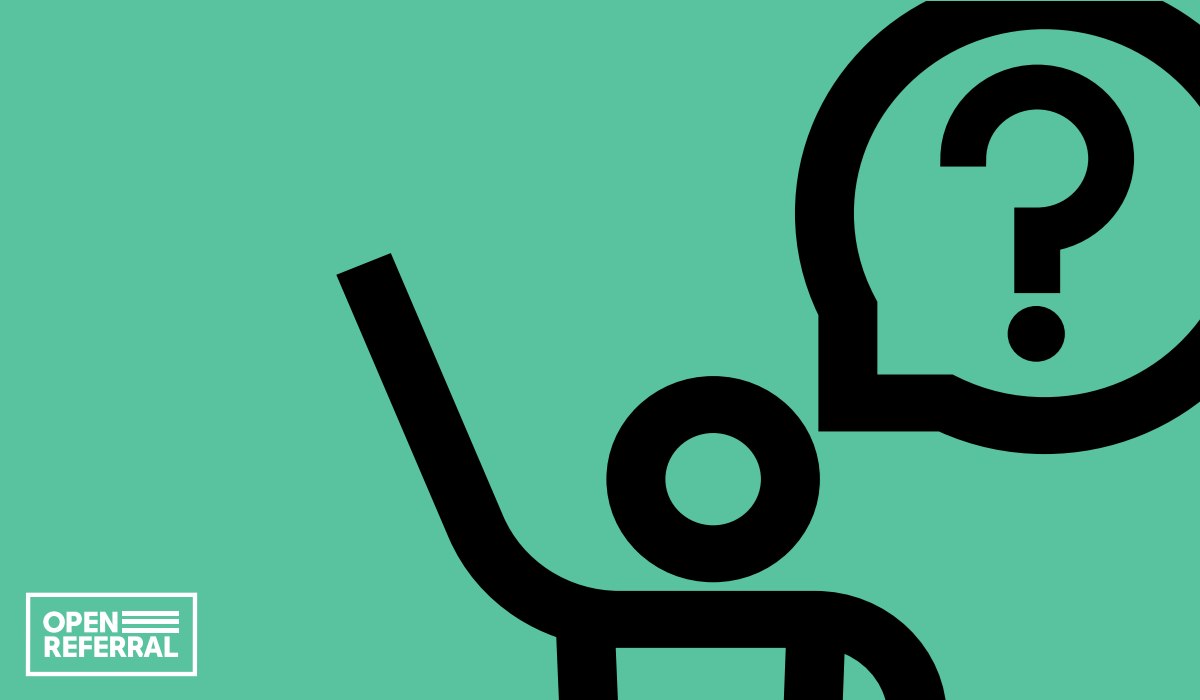
Governing the Resource Directory Data Commons: A Vision and A Call to Action
Open Referral’s mission is to establish resource directory data as a public good – reliably and sustainably made freely available to all. Toward this end, we developed the Human Service Data Specifications – but we also know that solving this problem requires more than just technical interoperability among resource directory information systems. Indeed, success entails…
-
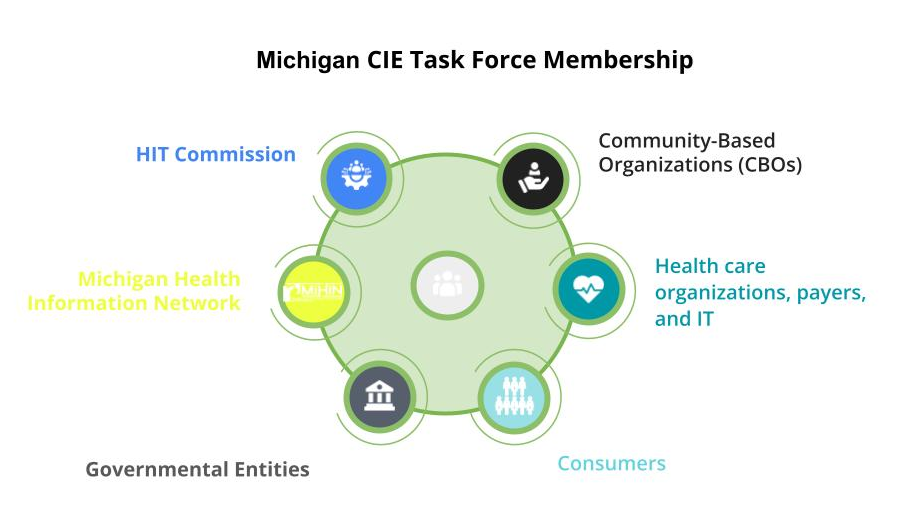
The Community Information Exchange Task Force Report from Michigan’s Dept of Health and Human Services
I’ve had the honor and privilege of working with the Michigan Community Information Exchange Task Force over the past year. I encourage you to read the report, which is published here. You can also watch this webinar summarizing the report with commentary from a range of task force members. In my (admittedly biased) opinion, this…